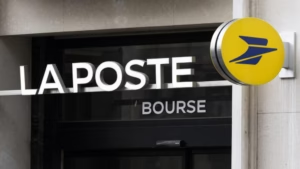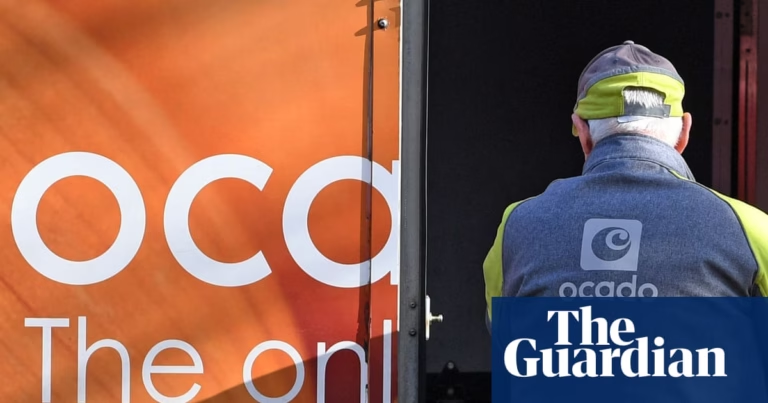Wes Streeting has escalated his efforts to negotiate drug prices with pharmaceutical companies, insisting that he will not agree to their demands if it means overcharging British patients and taxpayers.
The Health Secretary, in a recent statement, accused drug companies of being short-sighted, which hinders their relationship with the government. This follows their failure to reach an agreement last week over proposed revenue caps for the next three years.
The disagreement is centered on a voluntary scheme where the NHS sets its expenditure for branded medicines, with companies obliged to refund any excess Revenue. This scheme is crucial for preventing the NHS’s spending on medicines from getting out of control, but it has proven more expensive than the pharmaceutical companies anticipated.
The lack of agreement puts the government at odds with drug manufacturers, especially as it embarks on a 10-year plan to overhaul the NHS and recognizes life sciences as a key industry for economic growth. Streeting argued that while the pharmaceutical industry initially agreed to the pricing deal, they failed to reach an accord when it became more expensive than expected, thus being detrimental to collaborative efforts.
Streeting affirmed his commitment to preventing big pharma from exploiting patients and taxpayers, emphasizing the importance of life sciences to the UK’s success and the NHS’s role in driving innovation in the sector. The ABPI, the industry’s trade association, declined to comment, but its CEO previously stated the need for a solution that enhances patient access to innovations, facilitates the sector’s growth potential, and does not require the industry to return nearly three times the revenues compared to other European countries.
The scheme, initiated in 2023, imposes an annual spending limit on branded medicines for the NHS. Companies are required to pay a rebate for revenues exceeding this cap. Initially, the expected rebate rate was 15%, but the NHS’s higher-than-expected expenditure has led to a rate of approximately 23%. Streeting had proposed changes to reduce the scheme’s costs by about £1 billion over three years, but the companies counter that these savings are minor compared to the £13.5 billion rebate they forecast to pay back to the government.
Asserting their concerns, companies have warned of relocating drug trials and jobs from the UK unless the NHS budget allocates more funds for medicines. Industry leaders from AstraZeneca and Novartis have echoed these concerns, indicating the difficulty in advocating for the UK as a destination for investment in research and development, manufacturing, and clinical trials under the current rebates.
The debate also extends to the approval process for new drugs by the National Institute for Clinical Excellence (Nice), with drug companies arguing that the threshold for approval is too low considering the inflation in the cost of advanced medicines. Some companies have even suggested they may not launch their latest products in the UK. Streeting defended Nice’s process, stating that it ensures a fair balance between the cost and effectiveness of treatments.
Source: https://www.theguardian.com/politics/2025/aug/25/wes-streeting-criticises-shortsighted-drug-firms-for-rejecting-pricing-offer








